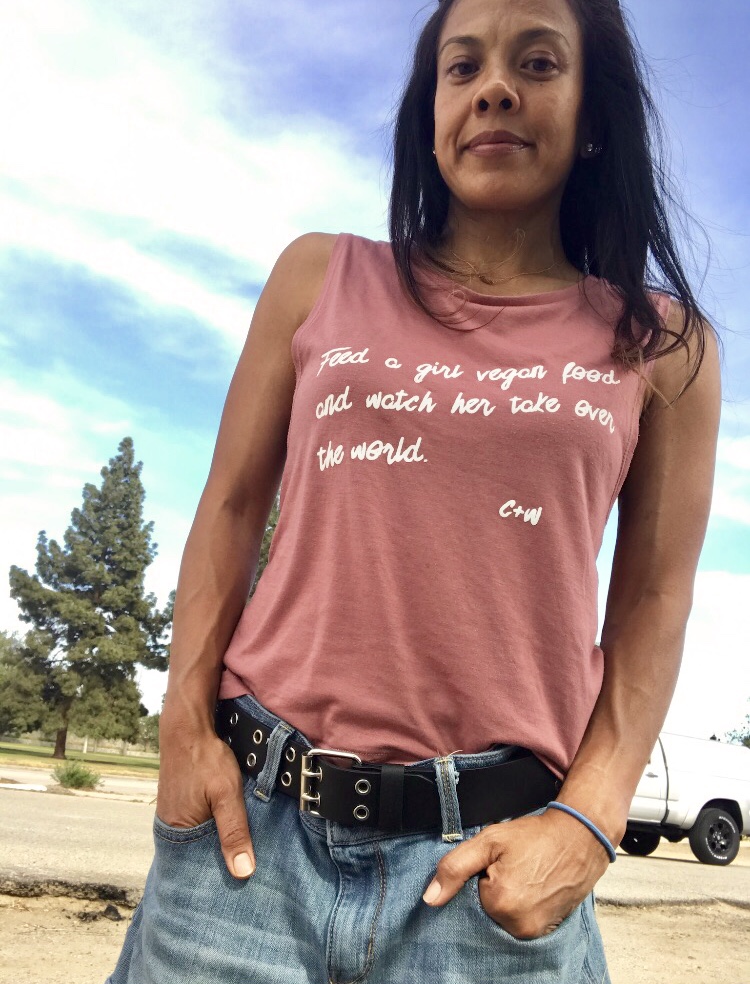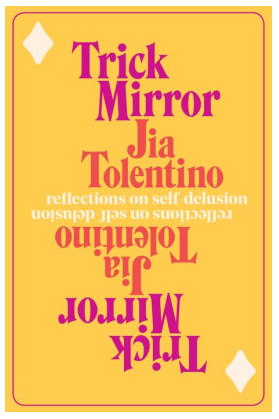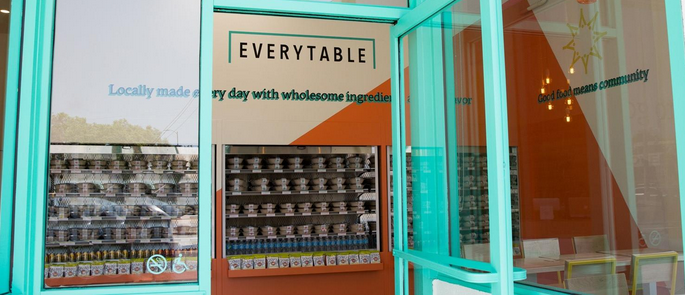People want to do something. When discussing social issues, what I’m struck with is the desire people have to contribute and make an impact on their community and beyond. They want to give, help, advocate for change…but they oftentimes don’t know how. The methods for advocacy are as voluminous as there are problems, and such overwhelm can lead to paralysis. However making a difference does not require charging up Capitol Hill. Rather, being an advocate can start with being a conscious consumer. In other words, one can effect change by simply making routine purchases of goods and services more thoughtfully, so that one’s ideals are reflected in those choices.
An exercise I learned from two activists was to track my money for a week. Money is power. It can influence a company to alter its practices, and it can support minority voices that would otherwise not have a space in the market. So I wrote down where my money went for seven days to evaluate whether my spending aligned with my social values. Here are three practices I have employed to strive for that harmony.
1. Purchase ethically made clothing. Fast fashion can be defined as cheap, trendy clothing, and while it is seemingly awesome to be able to buy ten trendy outfits for less than $100, fast fashion destroys the planet and exploits workers. To keep up with demand, fast fashion uses toxic materials, drains natural resources, and is responsible for a huge amount of textile waste. In addition, fast fashion is linked to unjust labor practices, finding low-paid garment workers handling toxic chemicals in dangerous environments, oftentimes deprived of basic human rights. One of the companies I buy from is Crazies and Weirdos, which is spearheaded by a vegan whose clothing uses environmentally friendly materials such as bamboo and recycled plastic bottles, and is produced without pesticides. To help you purchase ethically-made clothing, Good On You is an app that provides trusted brand ratings, articles and guides on ethical and sustainable fashion. Lastly, if you cannot afford to replenish your wardrobe without shopping at fast fashion retailers, then buy less but better quality clothes. Back in the day, one would buy clothes seasonally – not weekend-ly.

2. Support minority-owned businesses. If you are for empowering women, then buy from female entrepreneurs. If you want to promote racial equity, purchase from black and brown businesses. One of the most gratifying pieces of information that this exercise revealed was that about 80% of my purchases, whether products or services, went towards minority businesses. I love this. A simple Google search can help you find the businesses and people in your area that you want to boost. Further, consumption is not limited to products and services, but can be expanded to what one consumes via art. In this way, I try to read, watch, and listen to a variety of voices.

3. Buy from social enterprises. An increasing number of companies have implemented business models in which a portion of their profits is directed towards improving the lives of people and entire communities, as well as the environment. A high-profile example is TOMS shoes, whose one-for-one model promises that for every sale of their retail product, one is delivered to a child in need. The revolutionary Everytable subscribes to a business model that allows them to sell their fresh, healthy food in affluent areas at a higher rate, so that one-third of their locations can be sited in food deserts where they sell their meals at discounted rates. It is wonderful news that there are entrepreneurs determined to employ innovative strategies to enact equity. It is just a matter of doing the basic research to find them.

Listen, no one is perfect. No one can make 100% ethical purchases. But we cannot let the best be the enemy of the good. As much as I can, I try to make thoughtful choices so that every day I can vote with my wallet. Best of all, I know that with each purchase I can make an impact for good, and in just one more way, my actions and values can remain in alignment.


